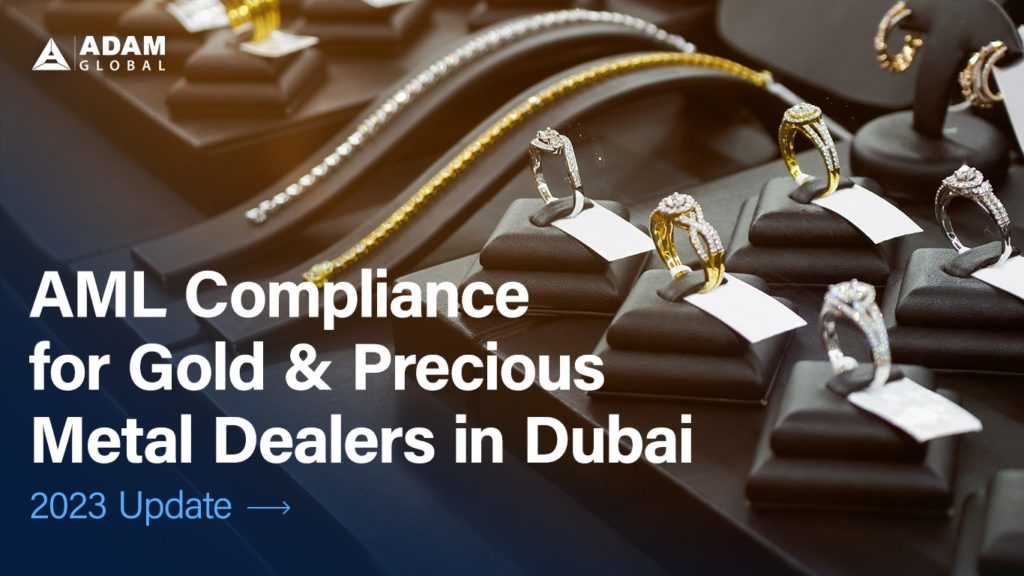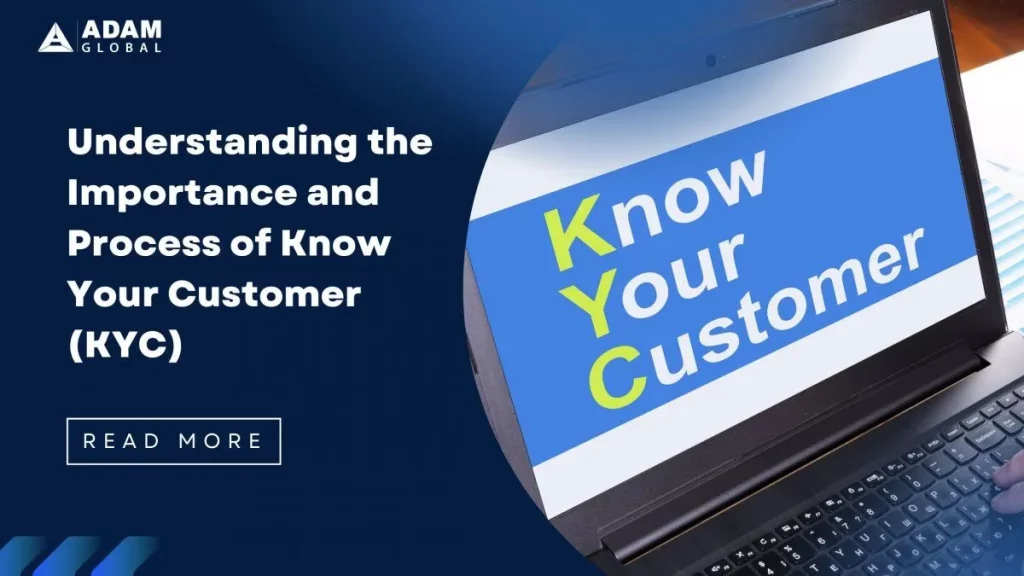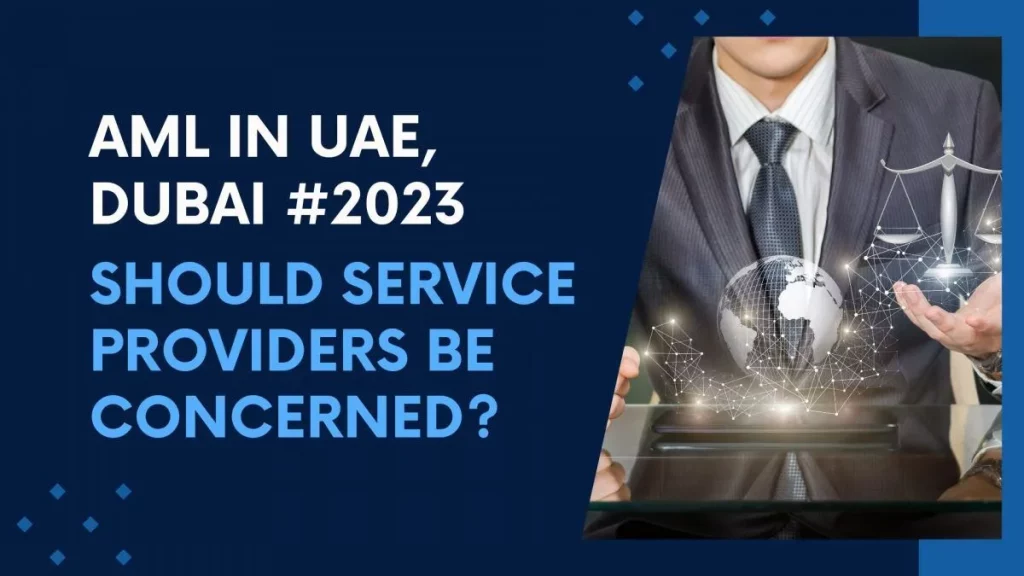Table of contents
- Introduction
- Policies of AML for Gold & Precious Metal Dealers in Dubai
- UAE regulations of AML for Gold & Precious Metal Dealers in Dubai
- When do the AML/CFT Obligations Apply to Gold and Precious Metals Dealers in Dubai (DPMS)?
- Customer Due Diligence (CDD) Guidance for Gold and Precious Metal Dealers in Dubai Dealers in Precious Metals and Precious Stones (DPMS)
- FILING OF DEALERS IN PRECIOUS METALS AND STONES REPORT (DPMSR)
- What is ‘Dealers in Precious Metals and Stones Report (DPMSR)’?
- Who is required to file DPMSR?
- What are the transactions to be reported in a DPMSR on the goAML portal?
- What transactions are exempt from being reported into a DPMSR?
- What are DNFBP’s obligations?
- Required Documents
- ML/FT Typologies
- DPMSR – An Additional Reporting
- Conclusion
Introduction
The jewelry industry is one of the most growing and dynamic sectors in the United Arab Emirates (UAE), with a rich heritage of traditional craftsmanship combined with modern technology. Jewelry manufacturing, distribution, and retail have long been an integral part of the UAE’s economy, with Dubai being a major hub for the global jewelry trade. However, the industry is also highly regulated, with a range of compliance requirements that must be adhered to by all businesses operating in the sector.
Cabinet Decision No. (10) of 2019 Concerning the Implementing Regulation of Decree Law No. (20) of 2018 On Anti-Money Laundering and Combating the Financing of Terrorism and Illegal Organizations (the “AML-CFT Decision”) identifies Dealers in Precious Metals and Precious Stones (DPMS) as Designated Non-Financial Business and Professions (DNFBPs), when they engage in carrying out any single monetary transaction, or several transactions which appear to be interrelated, whose value is equal to or greater than AED 55,000; and subjects them to specific AML/CFT obligations under the AML/CFT legislative and regulatory framework of the United Arab Emirates.
Recent studies have concluded that the nature of precious metals and precious stones (PMS), and the characteristics of the markets in their trade, make them inherently highly vulnerable to misuse or exploitation by criminals for the purpose of money laundering and the financing of terrorism. Gold and Precious Metals Dealers in Dubai (DPMS)are likewise vulnerable to ML/FT risks.
Among the reasons noted for this vulnerability are the facts that:
- PMS represent high intrinsic value in a relatively compact form, tend to maintain (or even increase) value over time, and can be easily transported physically in many forms;
- PMS can be used both as means to generate criminal proceeds (i.e. through various predicate offences), as well as vehicles to launder them;
- PMS can be used for illicit purposes, including ML/FT, in a variety of ways, either directly (through physical exchange, as a form of currency) or indirectly (through exchange of value via various formal and informal financial systems, as well as via international trade and the financial products and services related to it);
- There are large, well-established, decentralized, and often cash-based markets for certain types of precious metals and stones (particularly for gold and diamonds, but for other PMS as well), often allowing them to be traded or exchanged with relative anonymity;
- The difficulty in tracing specific items, and the global nature of the markets for PMS, make it easier for criminals to exploit cross-border, multi-jurisdictional situations in order to obscure the paper and money trails, while at the same time rendering it more difficult for national law enforcement authorities to detect and investigate cases;
- The scale and diversity of small and mid-sized participants in the markets for precious metals and precious stones, and the generally low level of awareness and education among them in regard to the ML/FT risks, due-diligence requirements, and the red-flag indicators associated with their trade, increase the vulnerability of DPMS to exploitation by criminals and terrorists.
Policies of AML for Gold & Precious Metal Dealers in Dubai
Jewelers operating in the United Arab Emirates (UAE) are required to comply with Anti-Money Laundering (AML) regulations. These regulations are in place to prevent the use of jewelry sales to launder money obtained from illegal activities. It is important for jewelers in the UAE to understand and adhere to these AML regulations to avoid potential legal and financial consequences.
- The inherent worth of jewelry industry products is very high and could increase with time.
- It is easy to physically move priceless metals, gems, and jewelry pieces from one place to another.
- Money launderers may employ jewelers in one of two methods. They can use it first and foremost to generate illegal revenue. They can also utilize it to hide the revenue sources for illegal operations.
- Those who utilize jewelry to launder money can use it straight as money. By exchanging its value for other financial assets, they can also utilize it in an indirect manner.
- The formal financial system is only minimally involved in jewelry transactions.
- Jewelry, precious metals, and gemstones have a global market. As a result, buying and selling jewelry often involves multiple countries and jurisdictions. It is simpler for criminals to commit financial crime when they can take advantage of such circumstances.
- In this sector, there are many small and medium-sized businesses. Their understanding of ML/FT hazards and necessary due diligence is generally low. Their vulnerability to money laundering and terrorism financing schemes grows as a result.
- In some areas, buying and selling precious metals and stones is a common cultural activity. This makes it challenging to distinguish between legal and illegal transactions.
UAE regulations of AML for Gold & Precious Metal Dealers in Dubai
The main law governing AML in the UAE is Decree-Law No. 20 of 2018 on Anti-Money Laundering and Countering the Funding of Terrorism and Criminal Organizations. Dealers in precious metals and stones (DPMS) are now subject to the AML law thanks to Cabinet Decision No. 10 of 2019 regarding the Implementation Regulation of this Decree-Law. Hence, jewelers and traders in precious metals, jewels, and stones are subject to the AML regulations.
A list of Authorized Non-Financial Companies and Professions is provided by the Cabinet Decision (DNFBPs). These DNFBPs, which include precious stone and metal dealers and jeweler’s, are subject to AML rules. AML laws apply to them if they participate in transactions worth at least AED 55,000. A transaction in this context can be a single transaction or a collection of connected transactions.
The Consumer Due Diligence (CDD) requirements for jewelers are mentioned in the Guidelines for Specified Non-Financial Companies and Professions. But, they must also be knowledgeable about how to spot suspicious transactions and report them. The requirements for UAE jewelers to comply are discussed in the next section.
When do the AML/CFT Obligations Apply to Gold and Precious Metals Dealers in Dubai (DPMS)?
Under the AML-CFT Law and the AML-CFT Decision, Gold and Precious Metals Dealers in Dubai (DPMS)are obliged to apply the required AML/CFT measures when they qualify as DNFBPs. This occurs whenever they carry out any single transaction, or series of transactions that appear to be related, whose monetary value equals or exceeds AED 55,000. This may include one or more transactions involving the same business relationship or customer, whether related to a single item or set of items; or it may also include one or more transactions which, in the judgment of the dealer, appear to be structured so as to avoid the established threshold.
Some examples of when application of the AML/CFT measures is (or is not) required are provided below for illustration purposes.
· A counterparty or a customer makes cash purchases of several different items at the same time, including a variety of PMS, whether loose or mounted, and requests separate invoices for each piece. No individual invoice meets the threshold of AED 55,000; however, the total purchase price exceeds this amount. These are covered transactions.
· A counterparty or a customer wishes to purchase one or more items with a total value meeting or exceeding the AED 55,000 threshold, and places a 25 percent deposit (below the threshold) in cash. A week later, he pays another 25-percent cash installment, and after another week pays the remaining balance (which is below the threshold) in cash. The transactions are all related, and are therefore covered transactions.
Risk Factors of Specific Concern to Gold and Precious Metals Dealers in Dubai (DPMS)
- Geographic Risks,
- Sectoral Risks,
- Channel-based Risks,
- Product Risks,
- Service Risks and
- Customer-specific Risks
- Other Risk Factors:
- Novelty/innovation
- Cyber security/distributed networks
Customer Due Diligence (CDD) Guidance for Gold and Precious Metal Dealers in Dubai Dealers in Precious Metals and Precious Stones (DPMS)
Irrespective of the size of the transaction or the method of payment, DPMS should ensure that they have in place a process for screening existing and prospective business relationships and customers against Sanctions Lists, and for performing background checks on them to identify any potentially adverse information (including associations with PEPs, or financial or other crimes) about them. In this regard, DPMS should become familiar with the various tools available for these purposes, including but not limited to: publicly accessible government and intergovernmental Sanctions Lists; commercially available or subscription-based customer intelligence databases and due-diligence investigation services; and the use of internet search techniques.
Ongoing Monitoring
It is important that Gold and Precious Metal Dealers in Dubai (DPMS) take reasonable steps to protect themselves from misuse by criminals and terrorists. Particularly in circumstances in which high-risk customers have been identified, DPMS should make reasonable efforts to monitor activity related to the transactions, services, or customer activities with which they are involved.
ML/FT Typologies
Gold and Precious Metal Dealers in Dubai (DPMS) should recognize that, often, multiple ML/FT typologies and techniques are used in a single transaction or in a series of related transactions. They should therefore be alert to indicators of potentially suspicious transactions from all categories. Furthermore, they should be sure to incorporate the regular review of ML/FT trends and typologies into their employment screening and compliance training programs, as well as into their risk identification and assessment procedures.
FILING OF DEALERS IN PRECIOUS METALS AND STONES REPORT (DPMSR)
What is ‘Dealers in Precious Metals and Stones Report (DPMSR)’?
Ministry of Economy issued a Circular (No. 08/AML/2021 dated 02 June 2021), instructing the dealers in precious metals and stones to register the specified transactions – cash transactions or transactions through wire transfers (in case of legal person) exceeding a certain amount in the report named as Dealers in Precious Metals and Stones Report (‘DPMSR).
The said reporting requirement was made effective from 12th June 2021.
Who is required to file DPMSR?
All the dealers in the precious metals and stones (‘DPMS’) licensed in the UAE are obligated to report transactions equal to or exceeding AED 55,000 in cash or wire transfers (in specified cases). Irrespective of the registration as a mainland company or with a freezone, all the DPMS are required to file DPMSR for specified transactions.
What are the transactions to be reported in a DPMSR on the goAML portal?
- Cash transactions with resident individuals equal to or exceeding AED 55,000
- Cash transactions with non-resident individuals equal to or exceeding AED 55,000
- Cash transactions with corporate entities (legal persons) equal to or exceeding AED 55,000
- Transactions with corporate entities (legal persons) involving international wire transfers equal to or exceeding AED 55,000
- Local wire transfers made through an exchange house
- Instalment transactions in cash equal to or exceeding AED 55,000, to be reported at the time of receiving funds
- Unfixed gold transaction involving cash equal to or exceeding AED 55,000
- Advance payment in cash equal to or exceeding AED 55,000, to be reported at the time of receiving funds
- Wire transfers from a mainland/onshore company to a Free zone company (not part of the same company)
- Transaction between two Free Zone companies, settling the payment in USD through the international wire transfer
What transactions are exempt from being reported into a DPMSR?
- Credit card, cheque, or bank transaction with an individual, irrespective of the amount
- Exchange of old gold or gold-to-gold transaction, not involving cash equal to or exceeding AED 55,000
- Local wire transfers and cheque transactions from a local bank in the UAE
- Payment towards Margin calls, Loans with banks
- Intra-company transfers or purchase/sell transactions in cash, irrespective of the amount
- Transactions through the Letter of Credit issued by banks
- Transaction between two Free Zone companies, settling the payment through the bank accounts in the same bank in UAE
- Physical trade of precious metals or stones with commercial banks operating & regulated outside the UAE
What are DNFBP’s obligations?
DPMS must obtain and record the following:
- Identification documents of individuals with whom the transaction is executed
- Trade License of the entity and the identification documents of the local representative of the entity with whom the transaction is executed
Along with obtaining relevant documents pertaining to parties involved in the transaction, DPMS shall submit DPMSR on the goAML platform, capturing details of the parties and transaction.
Required Documents:
As part of obtaining identification documents, the following documents shall be collected:
| Category | List of Documents |
| Resident individual | Valid Emirates ID; or Passport copy |
| Non-resident individual | Valid Government-issued ID; or Passport copy |
| Entity/Company | Trade License Emirates ID or passport copy of representative |
What is the timeline for filing DPMSR on goAML Portal?
DPMSR is to be filed within 2 weeks of the occurrence of receipt or payment of funds equal to or exceeding AED 55,000 through cash or wire transfer.
DPMSR – An Additional Reporting:
It is important to note that filing of DPMSR to report the transaction pertaining to the transaction exceeding the specified threshold is an additional requirement.
DPMS is not absolved from the filing of Suspicious Transaction Report/Suspicious Activity Report/Fund Freeze Report/Partial Name Match Report, as and when the same are applicable. Accordingly, along with the filing of reports as prescribed earlier for reporting sanctions or suspicion, additional DPMSR is to be filed to report designated transactions.
Conclusion:
Businesses dealing in precious metals and stones face unique AML/CFT challenges due to the high-value nature of their products and complex supply chains. However, with a robust regulatory framework, technological solutions, and international cooperation, these challenges can be effectively addressed. Compliance with AML/CFT policies not only helps protect businesses from legal repercussions but also contributes to the broader effort to combat money laundering and terrorist financing on a global scale.



